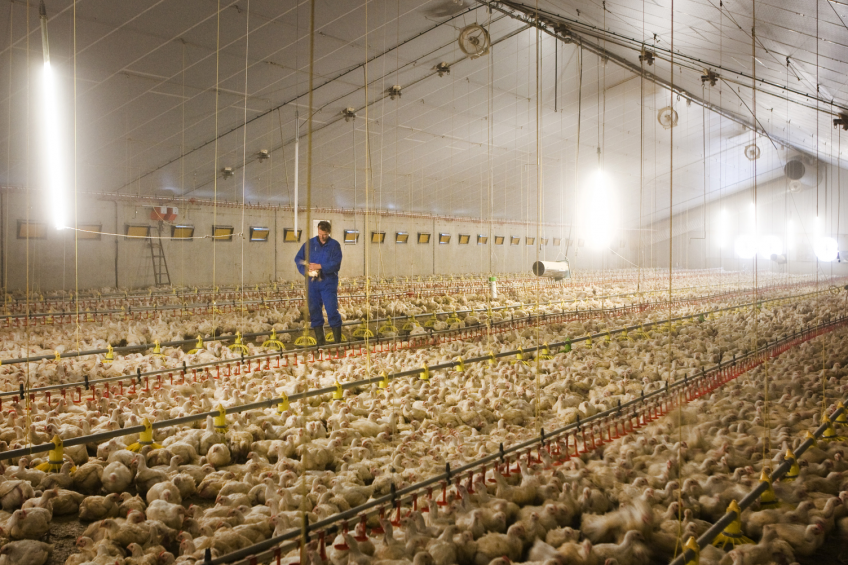UK wants a stronger poultry production base

The British Poultry Council and Elanco hosted a poultry industry hustings event early March in London, in advance of the 2015 UK General Election, attended by several MP’s. All participants were united in their view that food security should be based around a strong UK poultry production base and that It will no longer be sufficient for the UK to rely on its relative wealth to secure supplies.
The political participants were George Eustice MP (Conservative – Parliamentary Under Secretary of State for farming, food and marine environment), Huw Irranca-Davies MP (Labour -Shadow Minister Environment, Food and Rural Affairs) and Roger Williams MP (Liberal Democrat – Member of the EFRA Select Committee). The audience was made up of senior representatives of the UK poultry industry. The hustings focused on four key issues: Food Security, Government, specific poultry industry priorities and science and innovation.
Strong UK production base
All participants were united in their view that food security should be based around a strong UK production base. It would no longer be sufficient for the UK to rely on its relative wealth to secure supplies. George Eustice focused on the importance of open markets and global trade as an adjunct to UK supply. This was echoed by Huw Irranca-Davies who saw that a diversity of supply sources would build resilience into the UK supply of food. Roger Williams further noted that the acceptance of poultry raised on GM feed by most UK supermarkets was a further support to UK food security.
Rapid reaction to recent Avian Influenza outbreak
All participants recognised the importance of a rapid reaction to the recent Avian Influenza outbreak. George Eustice confirmed that the Government was considering changes to the compensation scheme in the aftermath of the 2014 -2015 outbreak. For Huw Irranca-Davies, both the timeliness and funding of the secondary cleaning and disinfection needed to be reviewed. Roger Williams considered that ultimately DEFRA should have a reserve power to force such a clean-up.
Importance of international trade to UK poultry industry
George Eustice recognised the importance of international trade to the UK poultry industry. UK demand is for white meat and UK dark meat needs export markets. In his view, TTIP could and should be made to work for the UK poultry sector. Roger Williams noted that he had led a debate on TTIP and the poultry industry in the House of Commons and that politicians now understood the risks posed by the difference in standards between the EU and US.
Huw Irranca-Davies stated that TTIP must not lead to a drop in standards and that the US was a tough negotiator, which put the onus on the EU side to remain robust in the discussions.
European policy and its impact on the food industry
There was some divergence in the positions adopted on European policy and its impact on the food industry. For George Eustice, the preferred outcome of a renegotiation would be “just a single market and customs union” and for the UK to be able to “pick and mix” other elements. Huw Irranca-Davies acknowledged the frustrations with current EU policies, but believed strongly that Britain was better off “being inside the club and writing the rules”. For Roger Williams, the access to the single market was the most important element, and the UK needed to be better at forging relationships with other EU countries.
Importance of new husbandry technology
All three parties recognised the importance of utilising technology to help the industry grow and compete in an ever expanding global food market. George Eustice commented on the Agri-Tech Strategy and ambitions to increase competitiveness. He noted the importance of new husbandry technology, welfare science and genetics to maximise production efficiencies and the continued use of science for the maximising processing capabilities. Huw Irranca-Davies highlighted their intention for a scientific ‘referee’ to balance the social sciences and public concerns. Roger Williams commented on their science led philosophy, support for genetically modified foods and their intention to safe-guard the science budget.












